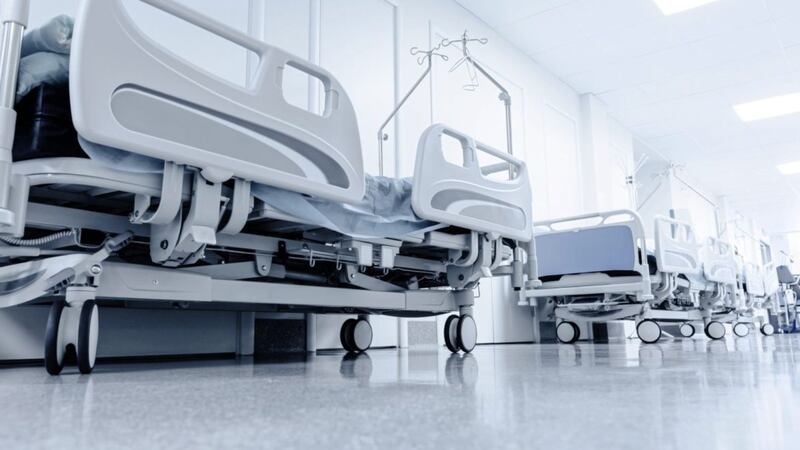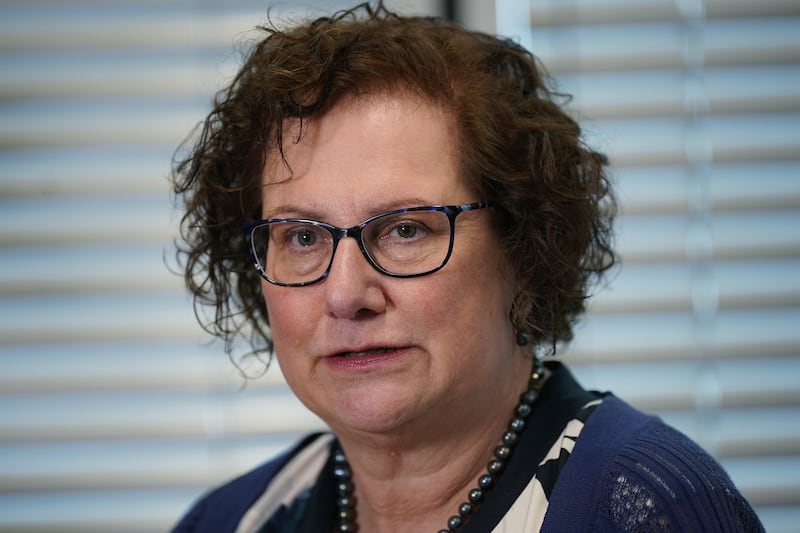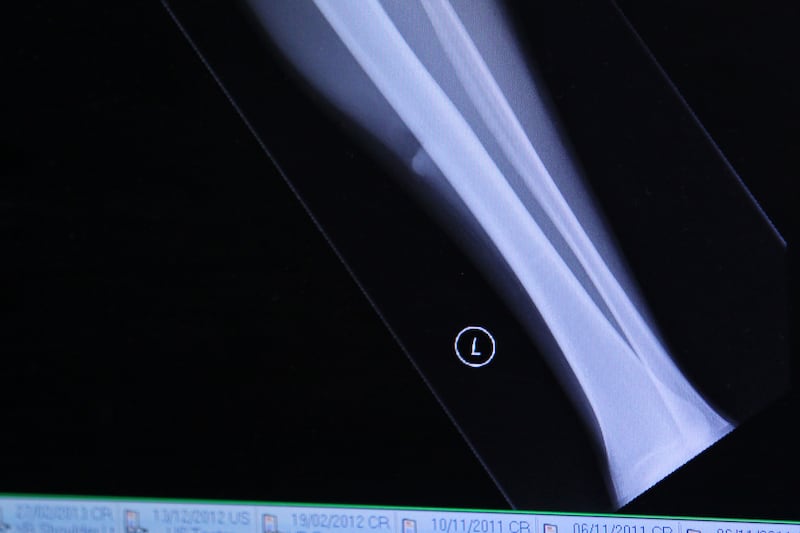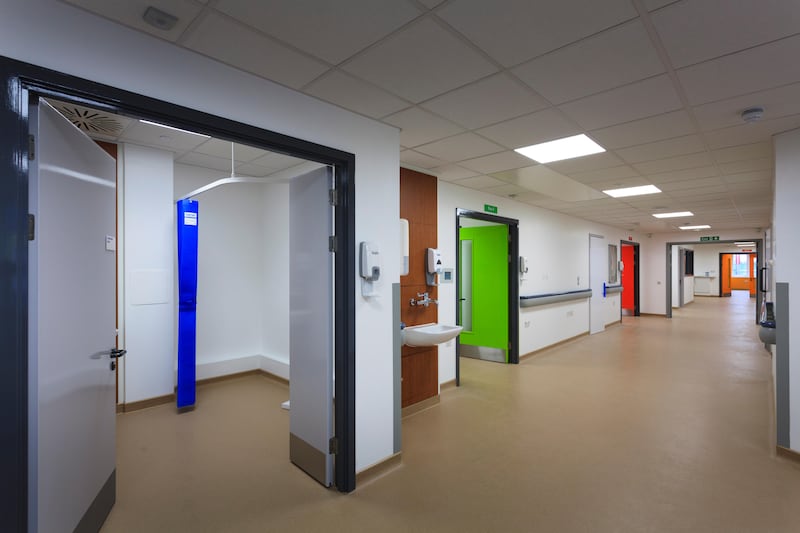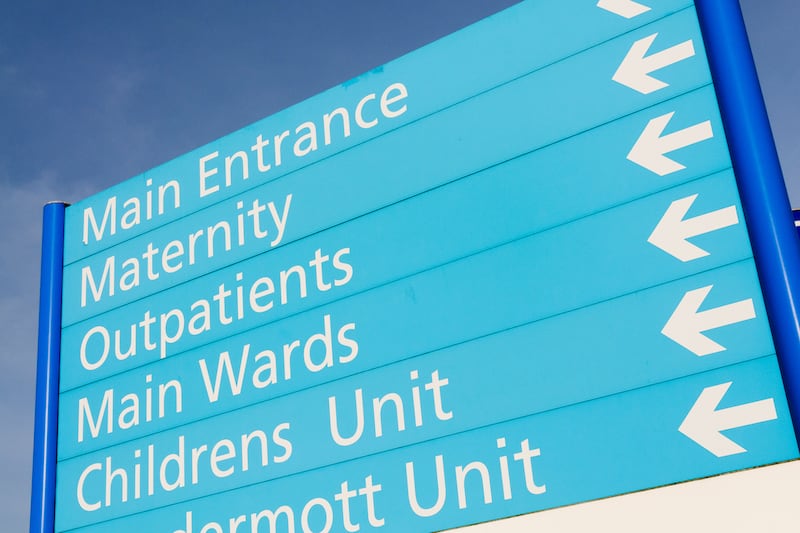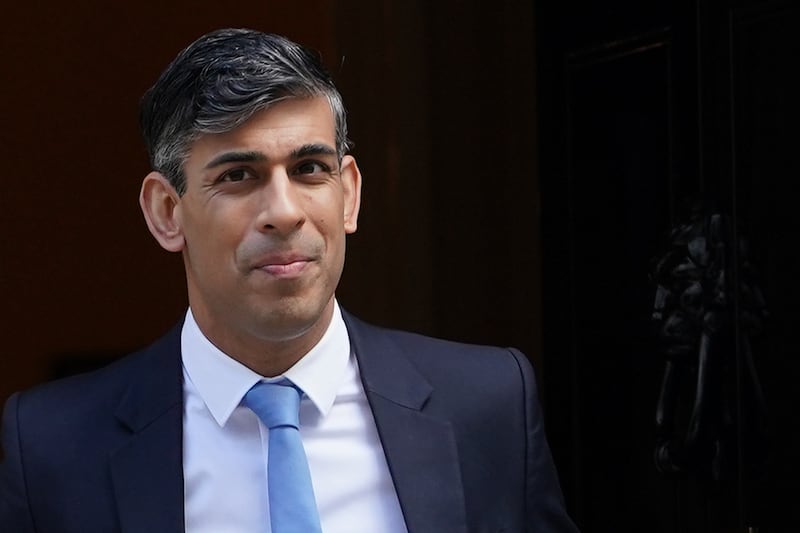Health service staff in Northern Ireland would receive a pay cap-busting 3% increase under an offer made to unions.
The extra £60 million cash has been found following a reshuffle of spending by Stormont's departments. The Department of Health is to receive an extra £109 million in total.
Under the offer, the minimum rate of pay would be set at £16,943 - an increase of up to 15.5% for some of the lowest-paid employees - and a rise in starting salaries, including for newly-qualified nurses.
Public-sector pay rises have been capped at 1% for a number of years.
Department of Health Permanent Secretary Richard Pengelly said: "Our health and social care system depends on the dedication and expertise of staff, particularly during these times of unprecedented pressure on services.
"I am delighted to be able to reach this point.
"The department, alongside our colleagues in the Department of Finance, has worked hard to make this possible and I am very grateful to staff across the sector, and our trade union colleagues, for their forbearance while we were doing so."
He said the proposals would offer about 70% of staff a 3% or more uplift to current pay scales.
In addition, eligible staff will receive incremental pay progression - increases that move them towards the top of their pay bands.
The department is aiming for the increases to be in pay packets in the new year.
The allocation to the Department of Education will enable it to address planned over-spending, allow schools to access budget surpluses accumulated in prior years and provide further support for special educational needs and school maintenance programmes.
The cash for health and education was found as part of a monitoring round, the way the civil service moves money between different departments once a financial year has started and budgets have begun to be spent.
A total of £265 million was available, mainly funding carried forward from last year and additional money supplied following the Chancellor's Autumn Budget as well as reduced requirements within some departments.
The Department for Infrastructure also received £31 million for roads maintenance and public transport, and £42 million capital funding aimed at transport and infrastructure.
Last month primary school principals warned of a funding crisis forcing cuts to staff numbers and increased class sizes.
They said they were increasingly reliant on parents for donations.
